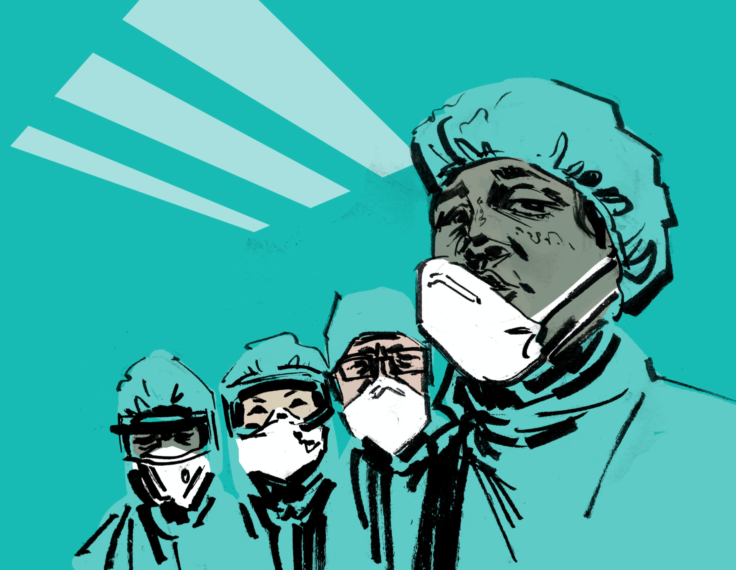
COVID-19
Promoting health literacy during the COVID-19 pandemic: A call to action for healthcare professionals
April Joy Damian and Joseph J. Gallo
The extraordinary spread of misinformation during the COVID-19 pandemic is impressive. And, to public health professionals like us, it’s worrying: We know that good information and good health go hand in hand. Knowing what we do about the practice of public health and what the science tells us about how people fall for misinformation, we see promising strategies for intervention in our own field.

COVID-19
Pandemics & propaganda: How Chinese state media creates and propagates CCP coronavirus narratives
Vanessa Molter and Renee DiResta
To gain insight into how Chinese state media is communicating about the coronavirus pandemic to the outside world, we analyzed a collection of posts from their English-language presence on Facebook. We observed three recurring behaviors: sharing positive stories and promoting the Chinese Communist Party’s (CCP) pandemic response, rewriting recent history in a manner favorable to the CCP as the coronavirus pandemic evolved, and using targeted ads to spread preferred messages.

COVID-19
Feeling “disinformed” lowers compliance with COVID-19 guidelines: Evidence from the US, UK, Netherlands, and Germany
Michael Hameleers, Toni G. L. A. van der Meer and Anna Brosius
This study indicates that, during the first phase of the coronavirus (SARS-CoV-2) pandemic in 2020, citizens from the US, UK, Netherlands, and Germany experienced relatively high levels of mis- and disinformation in their general information environment. We asked respondents to indicate the extent to which they experienced that information on coronavirus (SARS-CoV-2 and the disease it causes, COVID-19) was simply inaccurate (misinformation) or intentionally misleading (disinformation).

COVID-19
Blame is in the eye of the beholder: Beyond an ethics of hubris and shame in the time of COVID-19
Annalisa Pelizza
As misinformation and disinformation spread more rapidly and widely than ever before, individuals have been encouraged to be critical consumers of all received information. At the heart of this point of contention is the question of where responsibility and fault should lie.
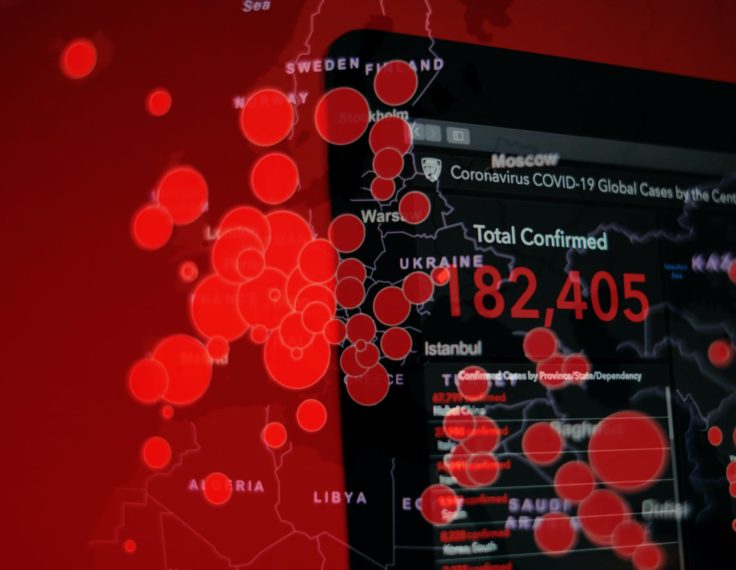
COVID-19
Leveraging volunteer fact checking to identify misinformation about COVID-19 in social media
Hyunuk Kim and Dylan Walker
Identifying emerging health misinformation is a challenge because its manner and type are often unknown. However, many social media users correct misinformation when they encounter it. From this intuition, we implemented a strategy that detects emerging health misinformation by tracking replies that seem to provide accurate information.

COVID-19
Signs of a new world order: Italy as the COVID-19 disinformation battlefield
Costanza Sciubba Caniglia
When Italy became the western center of the COVID-19 outbreak, it also became the focus of a series of states-sponsored coordinated disinformation campaigns. From early March through May 2020, disinformation operations in the country have increased noticeably, showing evidence of evolving strategies from multiple state actors geared towards reshaping the narrative of the global COVID-19 crisis and pushing forward geopolitical interests.
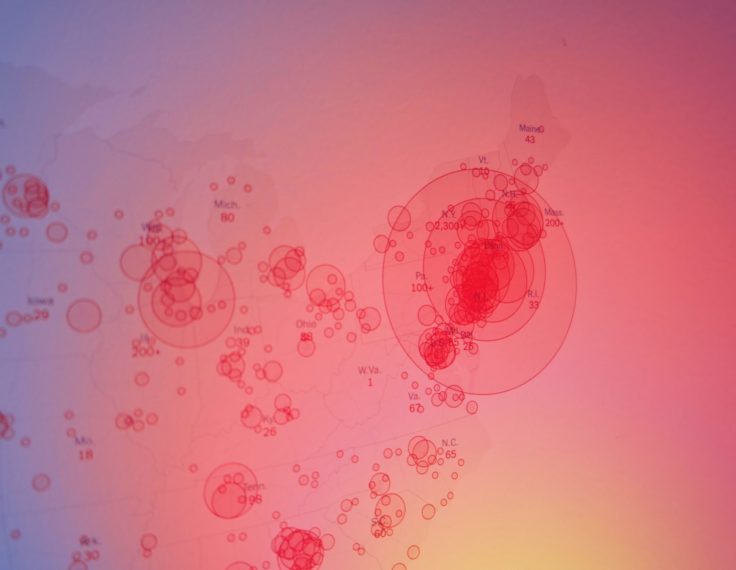
COVID-19
A dangerous misinfodemic spreads alongside the SARS-COV-2 pandemic
Meghan McGinty and Nat Gyenes
Special Issue on COVID-19 & Misinfodemics, Guest-Editors Editorial.
By Meghan McGintyNat Gyenes PHOTO by Brian McGowan, UNSPLASH.COMOn 7 January 2020, Chinese authorities identified a new type of coronavirus, which was subsequently named severe acute respiratory syndrome coronavirus 2 (SARS-CoV-2) 1https://www.who.int/docs/default-source/coronaviruse/situation-reports/20200121-sitrep-1-2019-ncov.pdf?sfvrsn=20a99c10_4
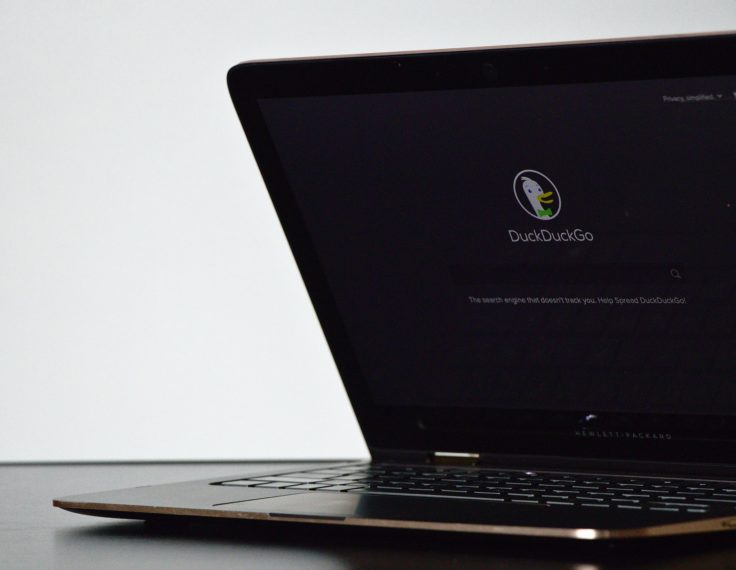
COVID-19
How search engines disseminate information about COVID-19 and why they should do better
Mykola Makhortykh, Aleksandra Urman and Roberto Ulloa
Access to accurate and up-to-date information is essential for individual and collective decision making, especially at times of emergency. On February 26, 2020, two weeks before the World Health Organization (WHO) officially declared the COVID-19’s emergency a “pandemic,” we systematically collected and analyzed search results for the term “coronavirus” in three languages from six search engines. We
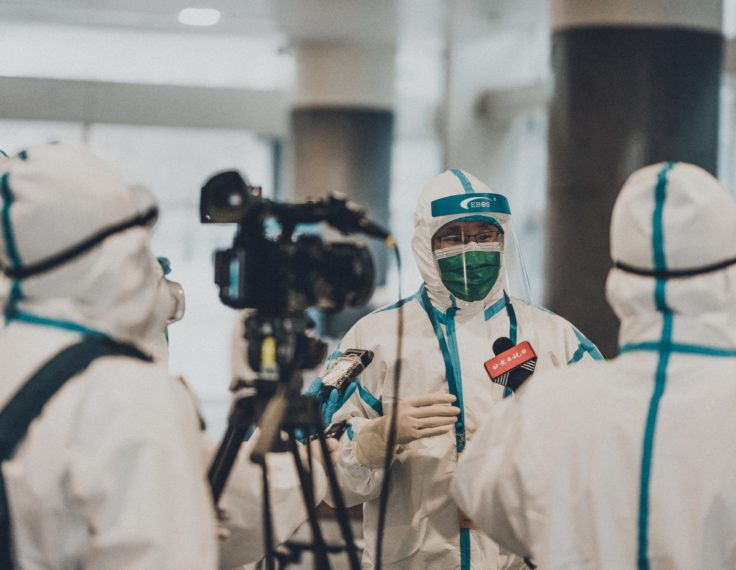
COVID-19
Why do people believe COVID-19 conspiracy theories?
Joseph E. Uscinski, Adam M. Enders, Casey Klofstad, Michelle Seelig, John Funchion, Caleb Everett, Stefan Wuchty, Kamal Premaratne and Manohar Murthi
As conspiracy theories about COVID-19 take root in the United States, understanding the psychological foundations of conspiracy beliefs is increasingly critical. Our research shows that beliefs in two popular variants of COVID-19 conspiracy theory are the joint product of the psychological predispositions 1) to reject information coming from experts and other authority figures and 2) to view major events as the product of conspiracies, as well as partisan and ideological motivations.
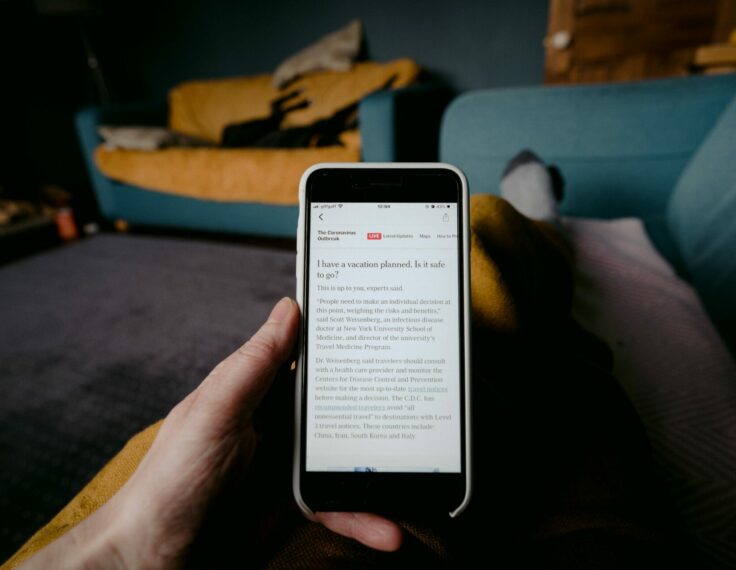
COVID-19
Identifying patterns to prevent the spread of misinformation during epidemics
Elaine O. Nsoesie and Olubusola Oladeji
This paper discusses patterns of public health misinformation observed during infectious disease epidemics. Specifically, we group epidemic-related misinformation into four categories: transmission, prevention, treatment, and vaccination. By developing tools, algorithms, and other resources around these categories, institutions, companies, and individuals can proactively limit and counter the spread of misinformation and its potential negative health effects.
